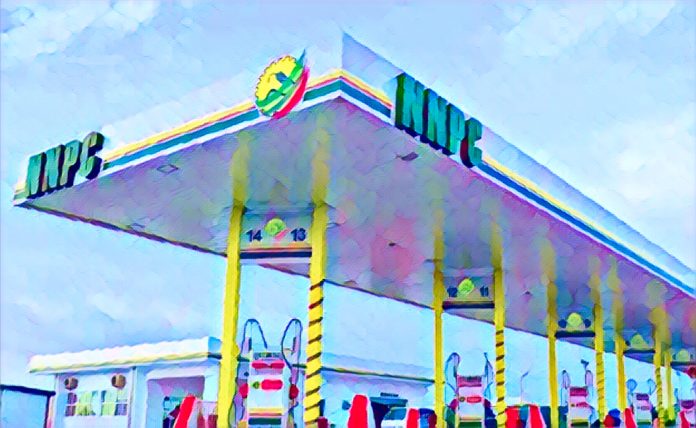The Nigerian National Petroleum Corporation (NNPC) has committed 221,000 barrels per day (bpd) of crude oil production to service a substantial $6.6 billion debt. This pledge comes as part of a broader strategy by the state-owned oil giant to manage its financial obligations and stabilize the nation’s energy sector.
The NNPC’s decision to allocate a significant portion of its daily crude production reflects the urgency of addressing its mounting debt. With oil revenues being a critical component of Nigeria’s economy, the corporation’s ability to manage its financial commitments is seen as vital to the country’s overall economic health.
NNPC Group CEO, Mele Kyari, announced this commitment, emphasizing that the allocation is designed to meet existing financial obligations while ensuring the corporation remains on a sustainable financial path. The pledged crude oil production will be directed toward servicing debts accrued from various projects and loans that have been essential in maintaining Nigeria’s oil and gas infrastructure.
This move is part of a larger financial restructuring plan by the NNPC, which has been under pressure to optimize its operations and improve financial transparency. The $6.6 billion debt represents a significant portion of the corporation’s liabilities, and the repayment plan is expected to alleviate some of the financial strain, allowing NNPC to focus on other critical investments.
The decision to allocate 221,000 bpd—approximately 20% of Nigeria’s current oil production—underscores the scale of the financial challenge faced by the NNPC. It also highlights the interdependence between Nigeria’s oil production and its fiscal stability. With global oil prices remaining volatile, the success of this repayment strategy is crucial to maintaining investor confidence and ensuring the country can meet its financial obligations.
Industry analysts have noted that while this pledge is a positive step towards financial responsibility, it also reduces the amount of crude oil available for other revenue-generating activities. This could have implications for Nigeria’s overall revenue from oil exports, especially if global prices fluctuate unfavorably.
The NNPC has been pursuing various strategies to increase efficiency and reduce costs across its operations. This includes efforts to curb oil theft, reduce operational losses, and improve the profitability of its ventures. The corporation is also looking to attract more foreign investments into the oil sector, which has historically been a significant driver of economic growth in Nigeria.
The success of NNPC’s debt repayment plan will be closely watched by both domestic and international stakeholders. A successful implementation could enhance the corporation’s creditworthiness and open the door to more favorable financing terms in the future.
Despite the challenges, there is optimism that the NNPC’s strategic decisions will help stabilize Nigeria’s oil sector and contribute to broader economic growth. The ongoing commitment to debt repayment is seen as a critical step in ensuring the long-term viability of Nigeria’s energy sector and its role in the global oil market.
Source: Business Day



